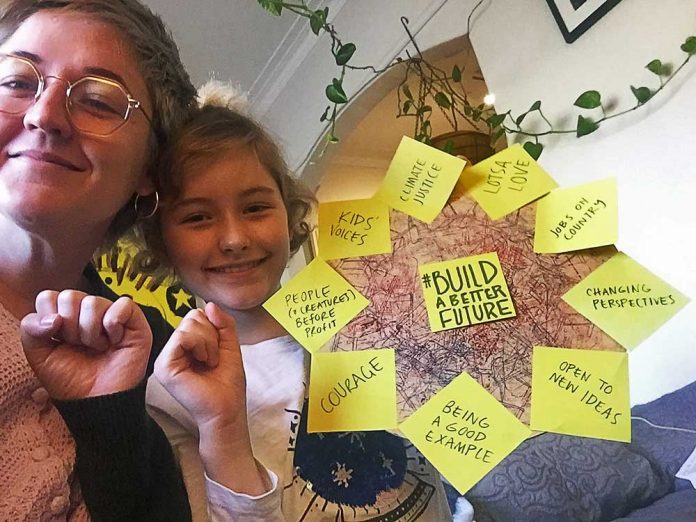Responses to the Covid-19 pandemic offers lessons on how climate change can be addressed, an Australian social researcher and expert on social trends has said.
Although the pandemic has meant that climate change has not been prominent in recent public discourse, Rebecca Huntley believes responses to the pandemic should bring confidence that people can come together to address climate change.
Ms Huntley launched her book How to Talk About Climate Change in a Way That Makes a Difference in July and has spent the past few months researching what the pandemic could mean for climate change.
Governments have shown a respect for experts, she said, with more reliance on their opinions to guide public and policy responses to the pandemic.
“I think that should be a model for how politicians deal with crises and has been lacking in so many politicians’ responses to climate change,” she said.
There has also been a dramatic change in people’s behaviours to protect others from Covid.
“That willingness to change behaviour to protect the collective and to protect the broader community, and particularly the most vulnerable … If we can maintain that, even as things start to get more dire, that’s a really good example of the strength of our society,” she said.
Her book helps people to understand their emotional responses to climate change and aims to break the climate silence.
There are people who are very vocal about climate change and people on the other side trying to shut down the debate, according to Ms Huntley.
“I want everybody in the middle to start to feel like they can have a conversation about climate change,” she said.
“You don’t have to be a climate scientist, you don’t have to be across all the facts and figures, and you don’t even really need to be certain in your views … but climate change is something that is going to affect us all.”

Each chapter of her book addresses a different emotion. Ms Huntley believes that understanding emotions is key to understanding humans.
“Climate change is largely a human-caused issue and humans will need to drive the solutions,” she said.
“So, we need to understand the complex ways in which human beings respond to information, particularly information that is confronting and difficult.”
To start a conversation about climate change, Ms Huntley recommends people begin by working out their own emotional reactions and then seeking to understand and empathise with people who feel differently about it.
“So, coming from a position not of judgement but of empathy,” she said.
All emotional responses to climate change make sense, according to Ms Huntley, and they can be both productive and destructive.
“Yelling at your uncle at Christmas because he doesn’t believe in climate change is probably not the best use of your time and energy, and is probably not going to be effective,” she said.
_______________
How to Talk About Climate Change in a Way That Makes a Difference, Rebecca Huntley $32.99, Murdoch Books, 2020.





